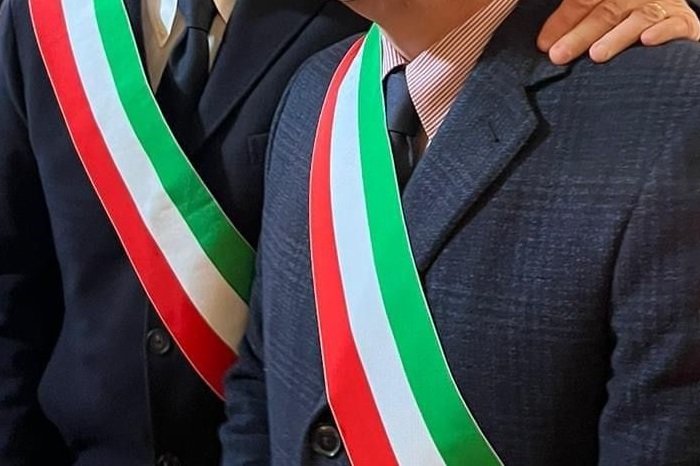Every now and then I get to reread old editorials that still seem really relevant to me. This is one of them.
One of the frankly boring and rhetorical aspects of Italian politics when it comes to agribusiness is the plethoric and annoying use of the word “excellence.” And if it was once used only to define ambassadors today everything becomes “excellence” if it is used to season speeches empty of content.
As if such a word, almost magically, makes substance out of what instead is often just a political poor and repetitive. Excellence in agribusiness, and wine in particular, is generally few and well known. Not even all the wines with DOCG are “excellent.” despite the fact that the law, at its inception, conditioned the attribution of the highest among Italian appellations only to wines recognized as being of “particular merit.”
It started off well enough, with Barolo, Barbaresco, Brunello di Montalcino and Vino Nobile di Montepulciano.
Then came Chianti, Albana di Romagna, Asti and many other wines that are not bad per se, but with difficulty can be called “excellence.”
Perhaps the Legislature felt it needed to protect large segments of consumers, who have the right to access wines whose supply chain is well controlled, rather than to guarantee the declared “particular merit,” and this can also be understood.
Of course, it would be enough to say it more clearly, but perhaps that is wanting too much.
But where things border on the grotesque is when any product, any wine, becomes “excellence” just for electoral reasons, resulting in avalanches of useless appellations and avalanches of glorifying speeches that closely resemble that of the “Battleship Potemkin” of Fantozzian memory. It is true, in Italy there are many good and typical products, some just good and pleasant, others true “excellence.”
If it is not possible to create a credible hierarchy, if everything is extolled as extraordinary we will get two results.
The first is that someone will someday begin to say that the king is naked, and that perhaps a good industrial product might be better than an “excellent fake.”
The second, which is a consequence of this, is that people will no longer believe it.
Con buona pace del made in Italy e dell’inflazione delle “eccellenze”.




